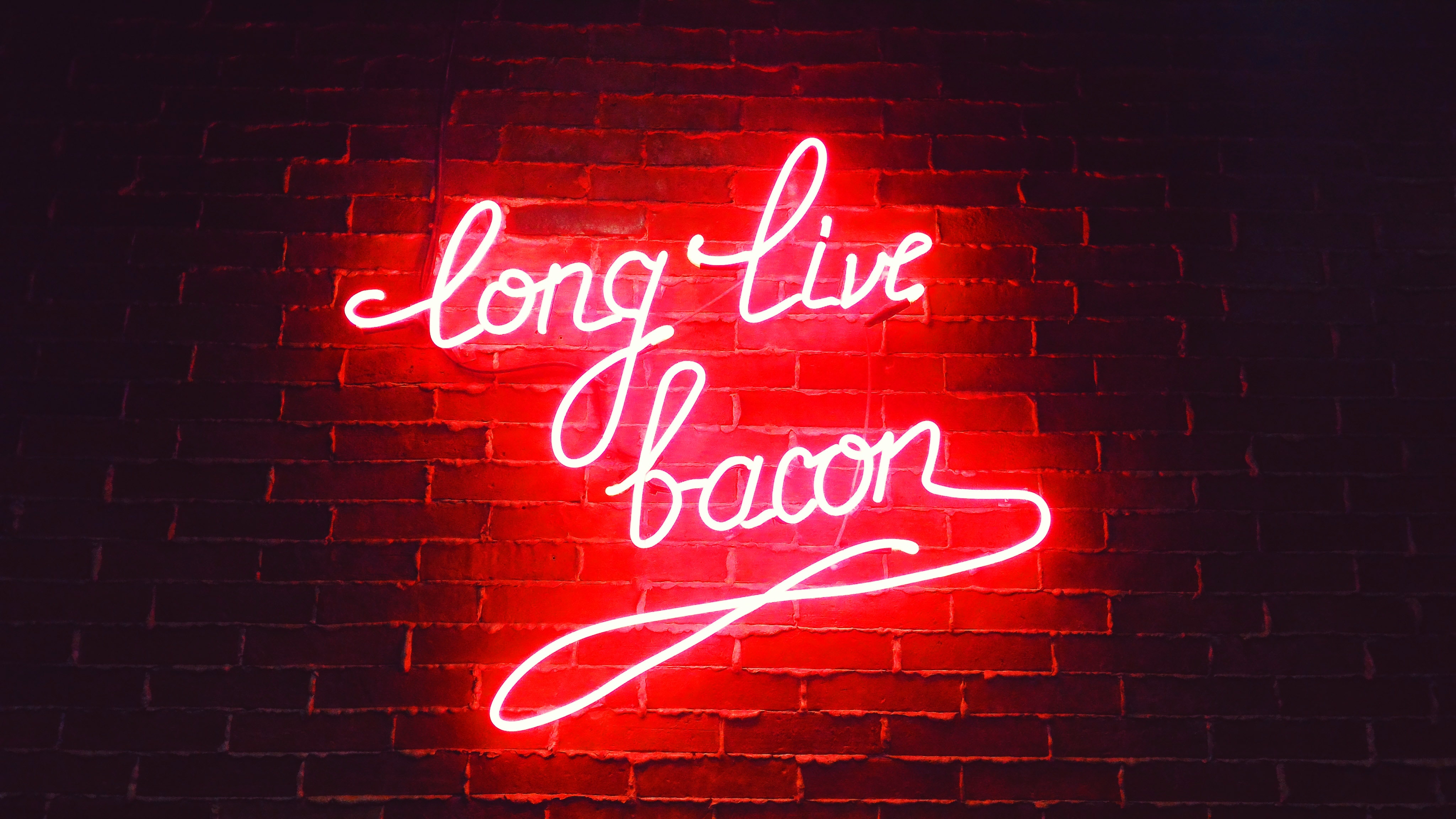
The lowdown.
In a nutshell, the ketogenic diet focuses on the minimal consumption of carbohydrates, moderate protein consumption and high fat consumption. Following this dietary protocol, fat is the predominant energy source. When carbohydrates are reduced to a certain level, the body transitions into a metabolic state called ‘ketosis’ as a result of the breakdown of fat in the liver. When this occurs, the body becomes more efficient in burning/using fat for energy for the body and important muscles/tissues like the brain.
This way of eating has not happened over night. ‘Low carb’ diets have been touted in the past via the Atkins and Dukan protocols as a way of losing weight FAST and yes, while many have had immediate success it begs the question whether this loss can be maintained and whether this dietary approach is a sustainable long-term approach to eating.
The evidence…
There is strong scientific evidence to show that the ketogenic diet has much success in treating/controlling/ preventing many chronic illnesses e.g. cancer, diabetes, polycystic ovarian syndrome, acne, epilepsy, cardiovascular disease as well as being a viable weight loss option.
What do you eat?
A ketogenic diet requires much planning in order to be executed well and correctly. Generally, a lot of the fast-food options we tend to reach for for lunch and snacks during the work day, do not form a part of this diet, hence, food preparation and food education is key in successful execution. What you eat depends on how fast you will enter ketosis. Some people follow a very low carbohydrate intake, some low and some moderate. Essentially, the less carbohydrates you eat (generally less than 15g/day), the faster you will reach a state of ketosis.
To give a slightly broader understanding, the macronutrient breakdown on a strict ketogenic protocol is as follows:
Carbohydrate = 5% of daily intake
Protein = 25% of daily intake
Fat = 70% of daily intake
Vegetables and fruit are both wonderful source of carbohydrates, hence it begs the question, which ones are suitable on a ketogenic diet? Generally, dark leafy greens are the best option e.g. spinach, avocado, asparagus, zucchini, mushrooms, silverbeet, broccoli, cauliflower, beans.
Some more points…
Like many things, there are side effects with this dietary protocol. Bad breath is one example and is due to the acetone which is a ketone produced during ketosis, which is expelled in your urine and partly your breath. Frequent urination is another example and is due to the body dumping the stored glycogen in your liver and muscles as urine. Furthermore, once the insulin level in the blood begins to drop, excess sodium is expelled via urine as well.
The ketogenic diet can be quite a limiting diet. Yes, it emphasises the good, healthy fats, but it does limit vegetables, wholegrains and fruit alike which are imperative to a healthy way of life also. Hence, the ketogenic diet tends to be relatively low in some types of fibre which can result in changes to digestive health and habits, such as constipation, gas, and bloating. Furthermore, it is these fibrous foods which are rich in prebiotics which benefit the health of the gut as well as one’s immunity. Hence, when planning a ketogenic diet, it is always best done under the guidance of a health care practitioner.
Let me know your thoughts on the ketogenic diet. Have you reached your health goal whilst following this protocol? Have you had set backs whilst favouring fat over carbohydrates? Are you still confused as to what ‘ketogenic’ actually is?

2 Comments on Ask Alex: What is the ketogenic diet?